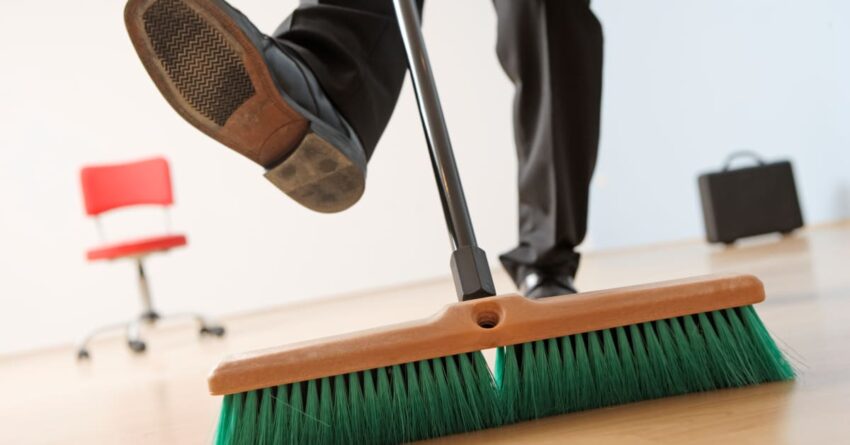Doing Chores Could Help Save Your Life, Study Finds

Growing up, we’re often told to do our chores around the house only to roll our eyes and question why they even need to be done at all. It turns out that doing your chores not only results in a clean home, but also comes with some possible benefits for your health.
Researchers in Australia aimed to find the connection between the “moderate-to-vigorous intermittent lifestyle physical activity” (MV-ILPA) of activities like chores and major adverse cardiovascular events (MACE). Scientists in the past have found that these kinds of activities can lower the risk of heart attack, stroke, and even premature death, but the recent study published in The Lancet found that the duration and intensity of these household activities can have an effect as well.
The study was born out of scientists’ desire to know more about the benefits of this intermittent activity. “From walking up the stairs to speedily mopping the floors; in recent years we’ve come to understand that it is not just structured exercise that is good for our health, but we know very little about how these short bouts of incidental activity translate to health benefits,” study senior author Emmanuel Stamatakis said, per The Deccan Herald.
The study followed adults between the ages of 42 and 78 who didn’t participate in any exercise or sports and followed them for nearly eight years to examine how MV-ILPA played a role in their health. In the end, they found that 97 percent of every day’s physical activity was accumulated in multiple bursts, the longer the better.
This should come as good news for older people who might not be able to exercise but want to take a proactive role in their heart health. “The idea of accruing short bouts of moderate to vigorous activity through daily living activities makes physical activity much more accessible to people who are unwilling or unable to take part in structured exercise,” study co-author Matthew Ahmadi said.
The key is to exert yourself to the point of struggling to breathe for at least 10 seconds per minute during each activity. “If you are huffing and puffing and unable to hold a conversation for some of that time (in one bout) you have hit the sweet spot,” Stamatakis said. “The take-home message here is any type of activity is good for your health, but the more effort you put into those daily tasks and the longer you keep up that energy, the more benefits you are likely to reap.”
How’s that for some motivation to sweep and mop the house?


